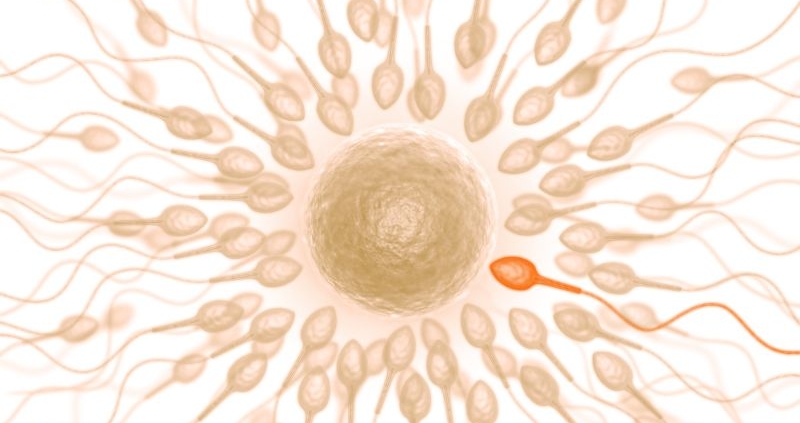Overcoming the stigma around male infertility
As it’s Men’s Health Week here in the UK, we wanted to take the opportunity to talk about male infertility.
“An estimated one in seven couples will have IVF treatment for male factor infertility,” our fertility expert Miss Amanda Tozer explains. On average, male fertility is the cause in 30% of infertility cases, although recent studies have shown that figure could now be as high as 50%, making it more important than ever that we break the stigma around male infertility.
While female fertility problems often have some symptoms, often to do with menstruation or pelvic pain, male infertility is usually entirely symptomless, so often a man has no idea there is an issue with his fertility until the time comes to try for a baby.
What causes male infertility?
Male infertility can present in three different ways, all of which can be diagnosed through semen testing:
- Low sperm count – this is when the actual volume of semen produced is below what it should be to facilitate insemination of the egg
- Low sperm motility – this is when the sperm are unable to move quickly and efficiently enough to get to the egg in time
- Sperm morphology problems – this is where there is an issue with the size or shape of the sperm, impeding fertilisation.
There are many reasons why any of these problems could be present, often genetic. However, there are some lifestyle factors, such as smoking or vaping, alcohol and drug abuse, and poor diet, which can have a detrimental effect on male fertility.
What can be done to improve male fertility?
If you have undergone semen testing and a problem with your fertility has been diagnosed, it is important to look at your family history to see if you can identify a genetic influence.
You should also ensure that you are tested for any sexually transmitted diseases, such as chlamydia, that can cause infertility.
If you have ruled out any of these causal factors, a great first step before opting for medical intervention is to look at your lifestyle. If you smoke, vape, or drink heavily, try to stop, and see if this helps you to conceive naturally. There are also some nutritional supplements you can take to improve male fertility, such as:
- Omega 3
- Zinc
- Selenium
- Coenzyme Q10
- Vitamin B12
- Folic acid
What treatments are available for male infertility?
If you have tried to resolve your fertility issues through lifestyle changes and nothing is working, it might be time to consider medical intervention.
For couples where male infertility is the root cause of their difficulty in conceiving, a treatment called Introcytoplasmic Sperm Injection (ICSI) is usually the best cause of action.
This is a similar procedure to a standard IVF treatment, except that instead of leaving the sperm and the egg together to fertilise naturally, in ICSI the healthiest sperm are selected and then a single sperm is injected directly into the egg to enable fertilisation.
After this initial procedure, the rest of the treatment follows the same path as a standard IVF procedure, and has the same success rate.
For more information or to book a consultation, please contact us.

